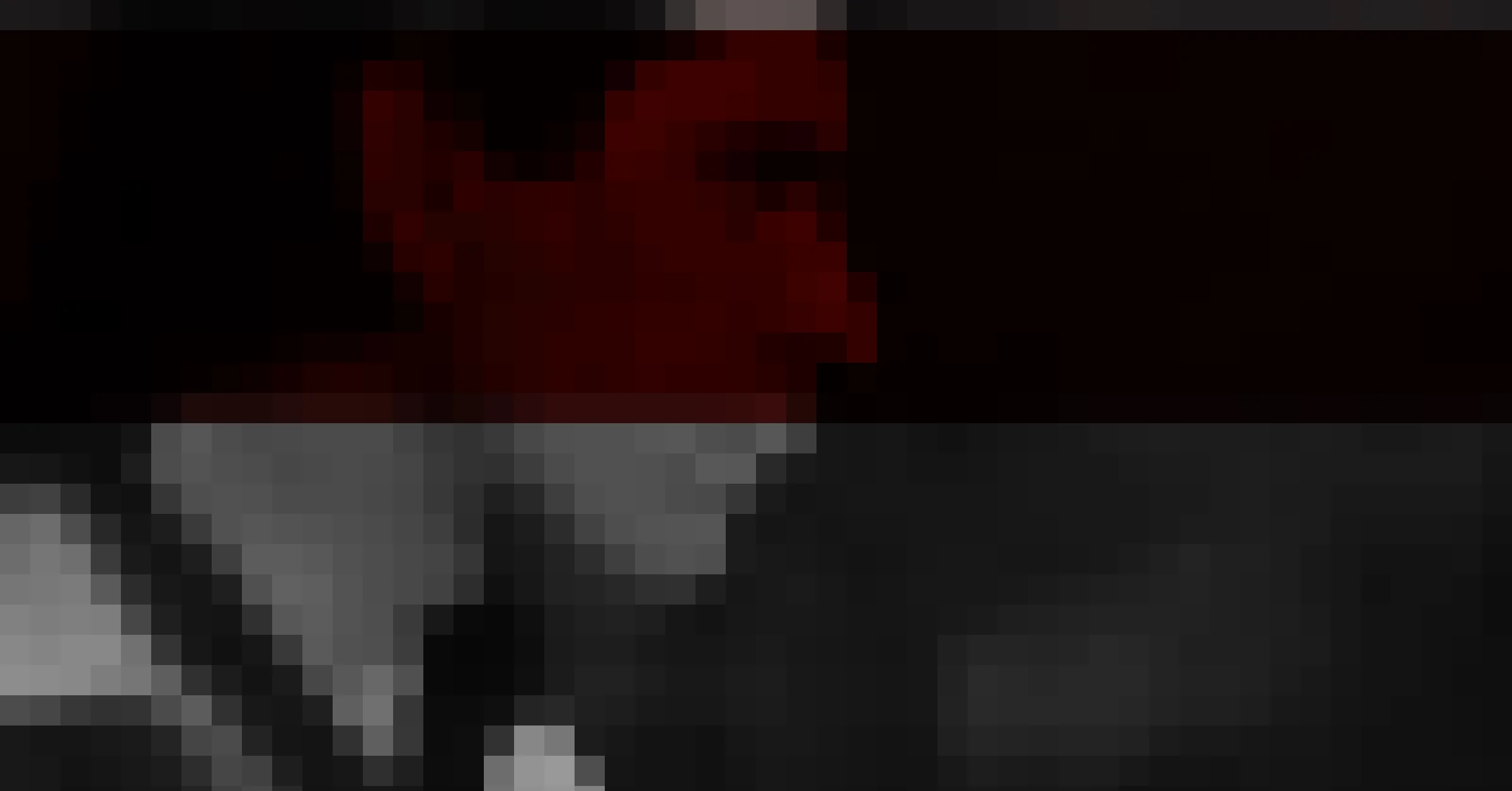The Pandemic Prophets of Punk
By Eden O’Brien
The roots of British punk…
The true origin of British punk rock has been, unsurprisingly, the subject of much debate and controversy, with everyone from Johnny Rotten to Malcolm Maclaren to Richard Hell claiming to be patient zero. But, generally speaking, the music explosion that rocked Britain from 1976 to 1979 was set off by a plethora of circumstances, notwithstanding the mavericks, Svengali’s, and wordsmiths at the heart of the respective UK and New York scenes. Motley to the core, British punk took its cues from key cities, tribal fashion fads, socio-political trends, and a good dose of the right people being in the right place at the right time (read the 4th of June 1976 at the Lesser Free Trade Hall). In the seminal England’s Dreaming, author and iconic music journalist Jon Savage traces the explosion of 1977 back to New York City—CBGB, to be exact, which played host to punk’s godparents (Patti Smith, Television, New York Dolls) and first generation (Blondie, Talking heads, Ramones).
But more so than in America, the conditions leading to the explosion of British punk were built on social and political conflict, civil unrest, and, above all – boredom. The effects of mass unemployment and labour strikes resonated most keenly among working class youths—the chief consumers of rock’n’roll. With this in mind, it comes as no surprise that the core members of many of punk’s most important bands were on the dole or were even squatters (Joe Strummer of the Clash, for example).
Fast forward to 2021 and the possibility of a music explosion rivalling the ingenuity, influence, and disruption of British punk is, arguably, impossible. At the same time, COVID has initiated a set of social, civil, and political conditions eerily similar to the ones that led to punk; from the mass unemployment prompted by the pandemic to the civil unrest of the BLM riots to the climate and anti-lockdown protests.
In light of 2021, British punk is prophetic in its emphasis on ennui and anarchy.
“Boredom,” The Buzzcocks from Spiral Scratch, 1977
Vocals: Howard Devoto
Guitar: Pete Shelley
Base: Steve Diggle
Drums: John Maher
Label: New Hormones
When The Buzzcocks released Spiral Scratch in 1977 on New Hormones—a label devised by music manager Richard Boon—it signaled shifting attitudes towards indie music altogether. The Sex Pistols signed to the major Virgin, in an audacious effort to claim more than their due, and the rag-tagged Damned released the first single of British punkdom “New Rose” on Stiff Records. With a simplicity bordering on impatience and aggression, “Boredom” is a track that sums up the frustration of waiting around: nothing to do, nowhere to go, no one to see equals boredom.
Musically speaking, pre-punk Manchester experienced a lull in the creativity that marked the 60s (the Hollies) (“you know the scene—very humdrum”). All of this changed when Pete Shelley and Howard Devoto invited the Sex Pistols to play the Lesser Free Trade Hall in 1976, initiating one of the most influential gigs in the history of British rock. The gig that spawned some of Britain’s best loved and most important bands injected the suburbs of Manchester with the overdue DIY ethos that characterized punk. The emergence of a united/insular Northern scene—the centre of which was Anthony Wilson’s Factory Records—was both highly competitive and unusual.
While “Boredom” takes to task a very real milieu—unlike the sluggish scene it laments—the track pumps with energy and, above all, humour. In a 1977 gig review, iconic music journalist Paul Morely wrote “Shelley's own solos are themselves abstract, frenetic flurries devoid of any obvious careful construction, often very funny, often not working; when they do work they're delightfully exciting.” Shelley’s distorted guitar that, according to Morely, all but drowned out the equally erratic vocals, is nonetheless the heart of the tune. The teenaged John Maher’s steady drums drive the track with a relentless punk beat: hard and fast.
And then there’s Howard Devoto: enigmatic, funny, pretentious, annoyed. There’s something about the all-too keen “you know me—I’m acting dumb, dumb” that reminds one of the equally creative and ridiculous ways people have tried to entertain themselves this Covid-tide: sometimes stupidity is the last refuge of the bored (or maybe not?). Either way, “Boredom” is a track that captures that feeling of directionless energy with which we’ve all become familiar, while offering a ridiculously danceable solution.

